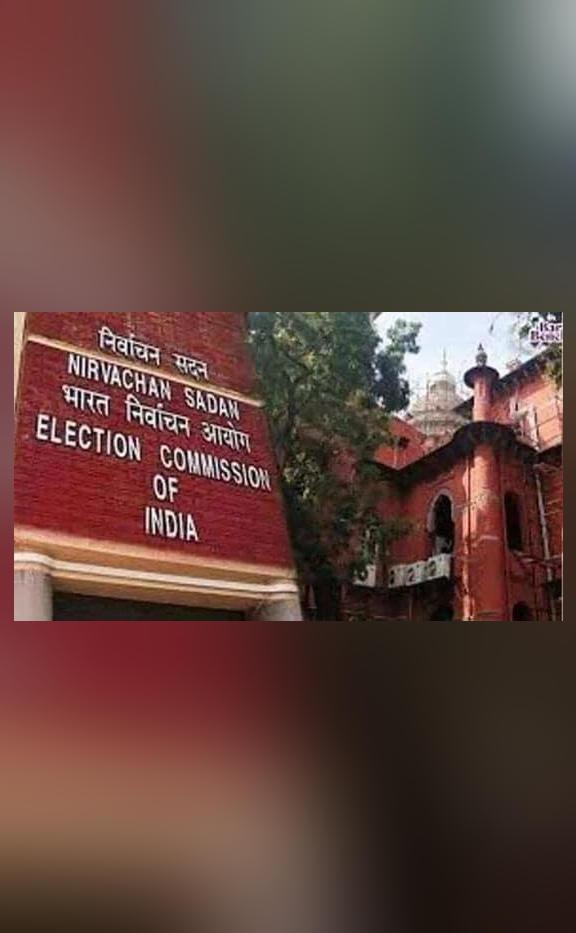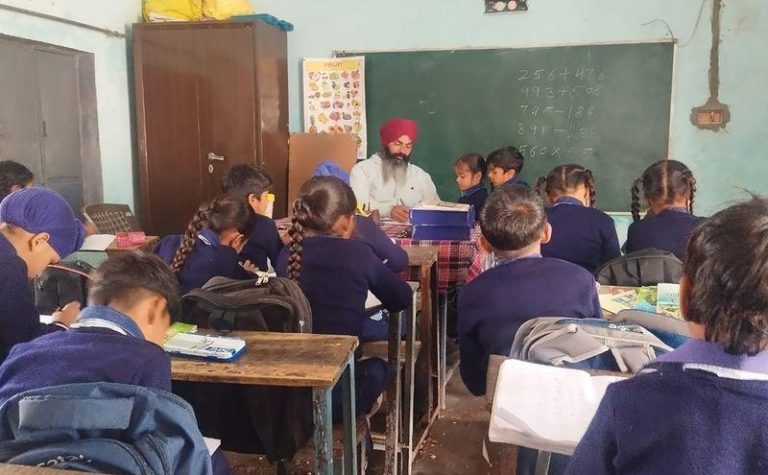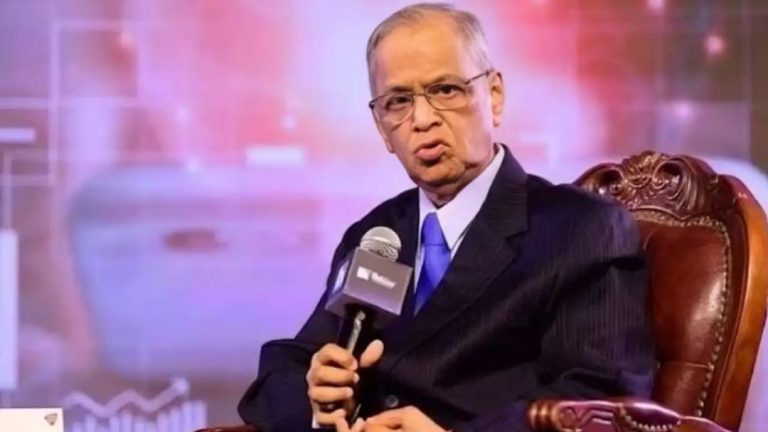
Aadhaar, Voter ID & Ration Cards Can’t be Considered for SIR: ECI
The Election Commission of India (ECI) has recently rejected the Supreme Court’s suggestion to accept Aadhaar, voter ID, and ration cards as standalone proof of voter eligibility in the ongoing special intensive revision (SIR) of Bihar’s electoral roll. This decision has been made to ensure the integrity and accuracy of the electoral process. In this blog post, we will delve into the details of this decision and its implications.
Recently, the Supreme Court had suggested that Aadhaar, voter ID, and ration cards could be accepted as proof of voter eligibility in the SIR process. However, the ECI has rejected this suggestion, stating that these documents are not sufficient to establish a person’s eligibility to vote. The ECI has instead emphasized the importance of producing the required documents, such as the EPIC (Electoral Photo Identity Card), to prove one’s eligibility to vote.
The ECI’s decision has been based on several factors. Firstly, the ECI has emphasized that Aadhaar, voter ID, and ration cards are not unique identifiers and can be easily duplicated. This raises concerns about the authenticity of these documents and the potential for fraud in the electoral process. Secondly, the ECI has noted that these documents are not specific to the electoral rolls and can be used for other purposes as well. This means that accepting these documents as proof of voter eligibility could lead to duplicate registrations and errors in the electoral rolls.
The ECI has also emphasized the importance of ensuring the integrity of the electoral process. The commission has stated that the SIR process is an opportunity to clean up the electoral rolls and ensure that only eligible voters are included. Accepting Aadhaar, voter ID, and ration cards as proof of voter eligibility could compromise this goal and lead to errors and inaccuracies in the electoral rolls.
In addition to rejecting the Supreme Court’s suggestion, the ECI has also clarified that a person’s citizenship will not terminate on account of not being part of the electoral rolls. This means that even if a person is not registered to vote, they are still considered a citizen of India and have the right to participate in the electoral process.
The ECI’s decision has been welcomed by many who believe that the integrity of the electoral process must be maintained. However, there are also concerns about the potential difficulties faced by eligible voters who do not have the required documents. The ECI has acknowledged these concerns and has stated that it will provide assistance to eligible voters who are unable to produce the required documents.
In conclusion, the ECI’s decision to reject the Supreme Court’s suggestion to accept Aadhaar, voter ID, and ration cards as proof of voter eligibility in the SIR process is a crucial step towards ensuring the integrity and accuracy of the electoral process. While there may be concerns about the potential difficulties faced by eligible voters who do not have the required documents, the ECI’s decision is a necessary step towards maintaining the integrity of the electoral process.






